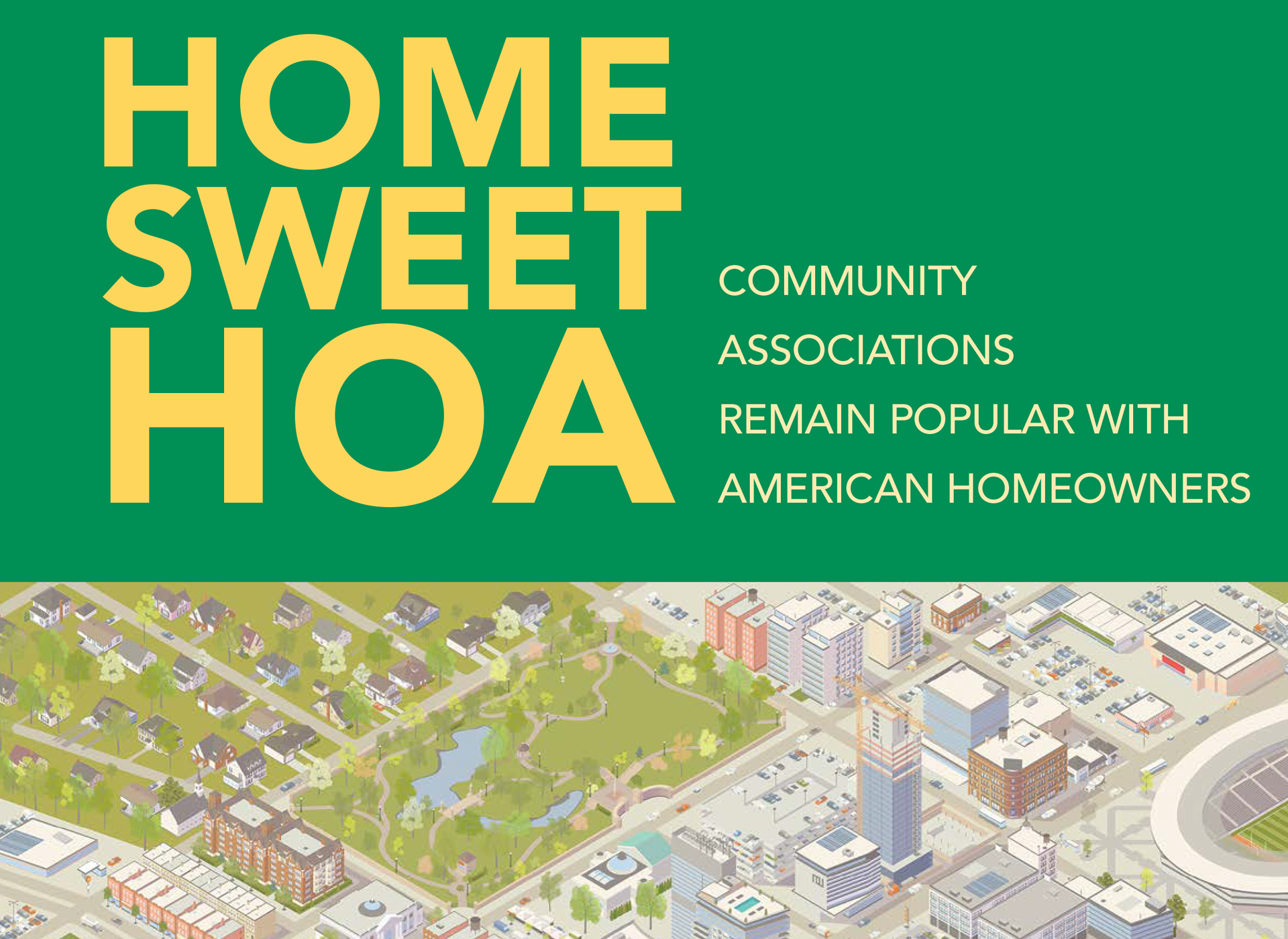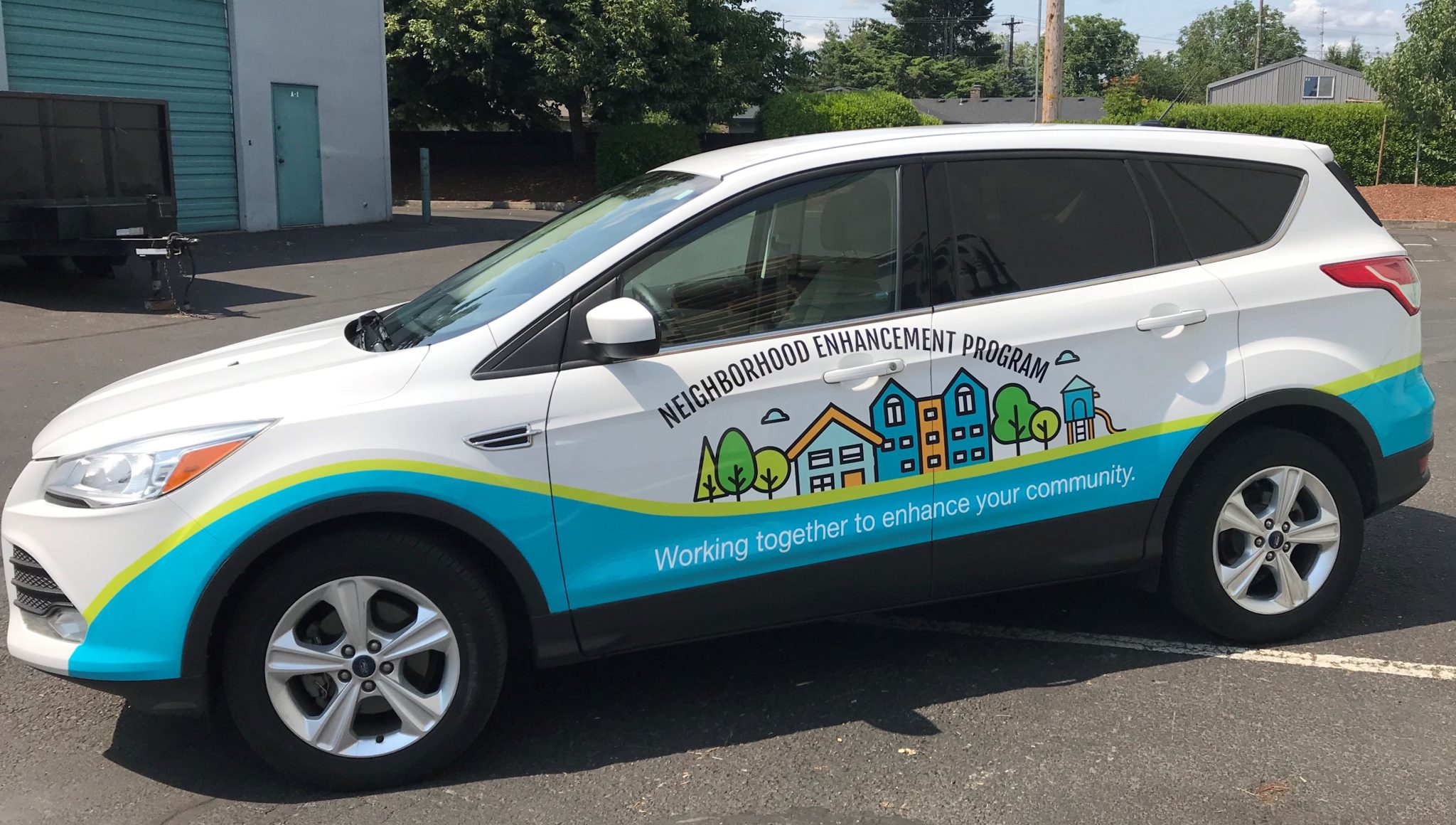Many people are curious about HOAs. What are HOAs? What does HOA stand for? For some, the most important question is even more direct: What’s HOA got to do with me?
Let’s take these questions one at a time.
What does HOA stand for?
HOA stands for homeowner (or homeowners) association.
What are HOAs?
If you’ve ever lived in or considered living in a “planned community,” then chances are you were informed about that community’s HOA.
Investopedia has a good overview of homeowner associations (HOAs), parts of which are worth quoting at length.
“Moving into a planned development,” journalist Amy Fontinelle writes, “often requires you to join the community’s homeowners association and pay its fees to help cover the upkeep of common areas, shared structures, and exteriors. Membership also binds you to the association’s covenants, conditions, and restrictions (CC&R). Those rules could thwart your dream of having a purple front door, say, or of leaving your RV in the driveway since the CC&Rs typically include stipulations about the appearance of your home and the vehicles you can park outside it.”
Fontinelle references an analysis by Wyatt G. Clarke, a microeconomist. Clarke concludes that Americans have a 1 in 5 chance of living in a home overseen by an HOA.
“Since Clarke's estimate was drawn up in 2017, properties with HOAs have further surged,” Fontinelle writes.
The Reach of HOAs
HOAs are certainly not limited to planned communities. Another good piece on HOAs by James Chen clarifies the definition further.
“A homeowners association is an organization in a subdivision, planned community or condominium that makes and enforces rules for the properties and their residents,” Chen writes. “Those who purchase property within an HOA's jurisdiction automatically become members and are required to pay dues, known as HOA fees. Some associations can be very restrictive about what members can do with their properties.”
The Role Of An HOA
For those looking to purchase a new home — as well as real estate investors looking to invest in properties — it’s important to understand the crucial role that HOAs play in protecting the community’s assets and its home values.
This brings us to our final question, which many people have asked: What’s an HOA got to do with me? You may be surprised to learn that it's much more than just regulating paint colors and special assessments and discussing property taxes and reserve funds.
There are pros and cons to every community relationship. HOA rules benefit the community at large. When you seek to buy a home — a single-family home, a condominium, a duplex — there are HOA rules and regulations that must be considered. This is above and beyond the other things that are involved in home purchases (choosing a real estate agent, calculating mortgage payments, etc.).
HOAs and You
HOAs protect the value of your investment. A property’s value is directly related to the value of the properties that are around it. HOAs enforce community standards for upkeep, appearance, and more. This enforcement is valuable to the interests of every homeowner. When you agree to purchase property in an area under the jurisdiction of an HOA, then you agree to abide by the rules of the HOA.
HOA fees do more than just protect your particular home. They also help improve the quality of life in the neighborhood at large by maintaining a certain standard. Owners expect HOAs to enforce rules and ensure that contractors complete necessary maintenance.
HOAs keep homeowners informed and involved. HOAs are nonprofit organizations that are overseen by elected boards. The board keeps property owners informed. The board also encourages owner involvement in the direction and future planning of their community.
HOAs hire companies like Association Management Services to assist them with day-to-day operations. As we’ve written about before on the AMS blog, some HOA board of directors partner with management companies. In “HOA Living: 6 Tips for New Homeowners,” we wrote, “This working relationship can be very beneficial in bridging the gap of communication between homeowners and board members.”
Association Management Services and HOAs
AMS provides a suite of robust homeowner association management services. Our services are scalable to the specific needs of your community.
We offer the following services (and so much more!):
We’re happy to help you compare these levels of service.
Contact Association Management Services today to find out how we can best serve your HOA.
If you’re looking for additional information on homeowner associations, please check out this blog post or our FAQs here.





